Julian Assange extradition an assault on journalism
Britain’s appeals court has concluded a two-day public hearing regarding the proposed extradition of WikiLeaks founder, Julian Assange, to stand trial in the US for ‘espionage’.
Vociferous supporters of Julian Assange turned out in large numbers as the WikiLeaks founder's extradition hearing resumed.
Locked up in the high security Belmarsh Prison on the edge of London since 2019, Assange didn't attend the hearing because of his poor health.
In one sense, the argument has not changed; the US claims he is guilty of spying and wants him to stand trial in a court in the United States.
His backers say his case is a threat both to the rule of law and to the very foundation of proper journalism.
It would have a devastating blow to journalism worldwide if an Australian journalist that is publishing in Europe can be imprisoned in the United States, not a single journalist anywhere in the world is safe.
So this is the reason why all major press freedom organization, human rights organization and freedom of speech organization in the world, are rallying behind Julian because they recognize the seriousness of the implication of this case, if it goes ahead.
Kristinn Hrafnsson, WikiLeaks, Editor-in-Chief
Over the years, the case of Julian Assange has attracted a lot of attention, most recently from his native Australia, a US ally.
Prime Minister Anthony Albanese and his cabinet ministers were among those who backed a parliamentary motion, introduced by independent parliamentarian Andrew Wilkie, calling for Assange to be returned home.
The Australian Parliament at least is muscling up a little and prepared to be a little bit more assertive with Washington, at least on the Assange issue, and that's a good thing.
That's Australia growing up a little and maybe it will, maybe it will have some influence in Washington and help to get a political resolution to this.
Andrew Wilkie, Independent Australian MP
It has been quite a long time since WikiLeaks published evidence of American forces attacking journalists and other innocent people in Iraq; evidence that in any other context would have been applauded as the uncovering of war crimes in the interest of the public.
The fundamental question here is: How can countries that lecture the world on freedom, criminalize investigative journalism?
A final decision is yet to come. But if the judges decide in favour of the US, the only remaining recourse for Assange to avoid extradition would be the European Court of Human Rights.
Pezeshkian: Iranians have taken to streets to defend country
Netanyahu pushing to turn US into ‘slave state for Israel’s expansionist dreams’: Analyst
Iran’s security chief meets with Yemen's Ansarullah official in Oman
Mass shootings at school, home in Canada leave 10 dead, including shooter
Millions in streets across Iran for Islamic Revolution anniversary marches
#IR47: How Iran’s martyred commanders found faith, purpose and mission in Islamic Revolution
#IR47: Long walk to freedom - Imam Khomeini and the Iranian nation’s epoch-making moment
VIDEO | Tehran conference examines Islamic Revolution’s enduring role in shaping global resistance


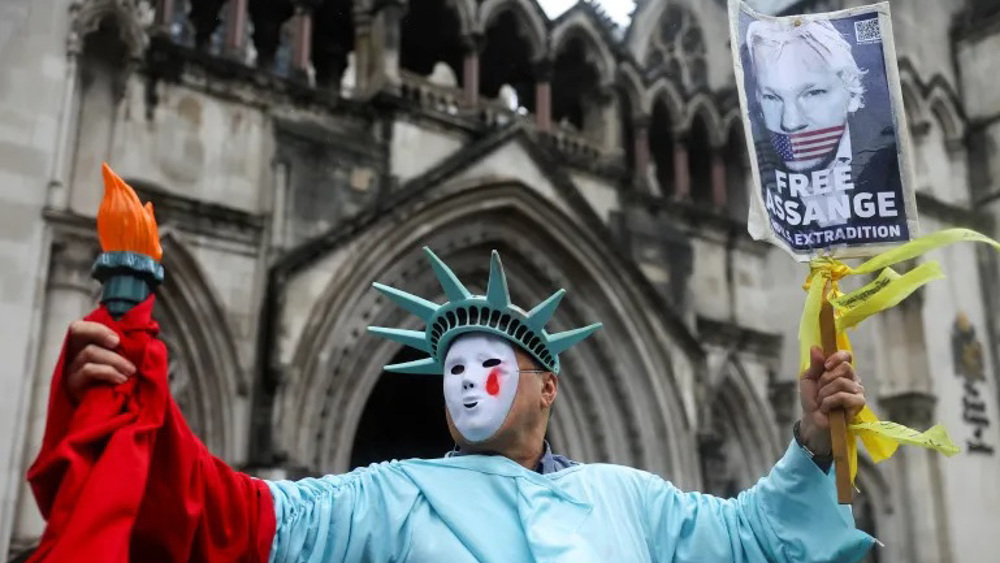
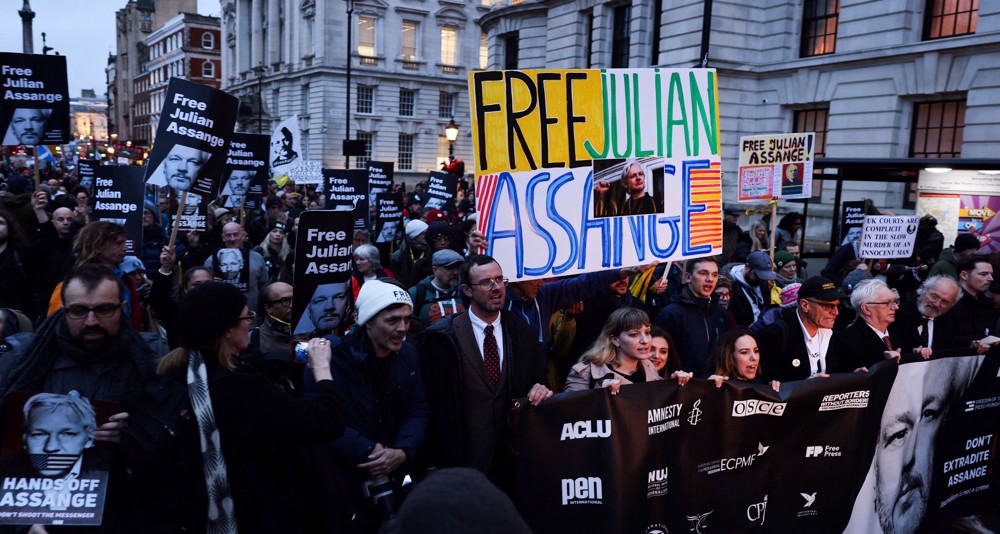
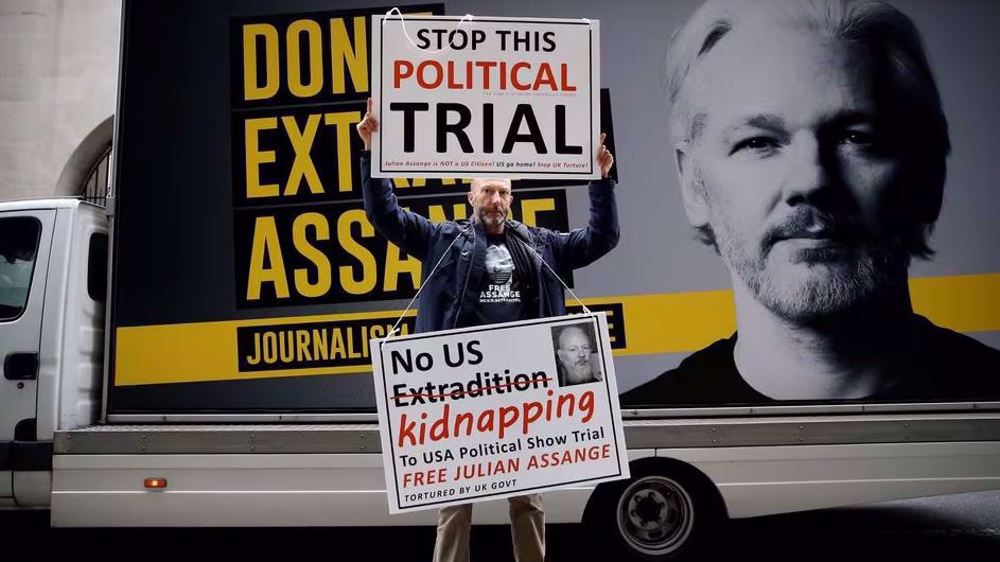

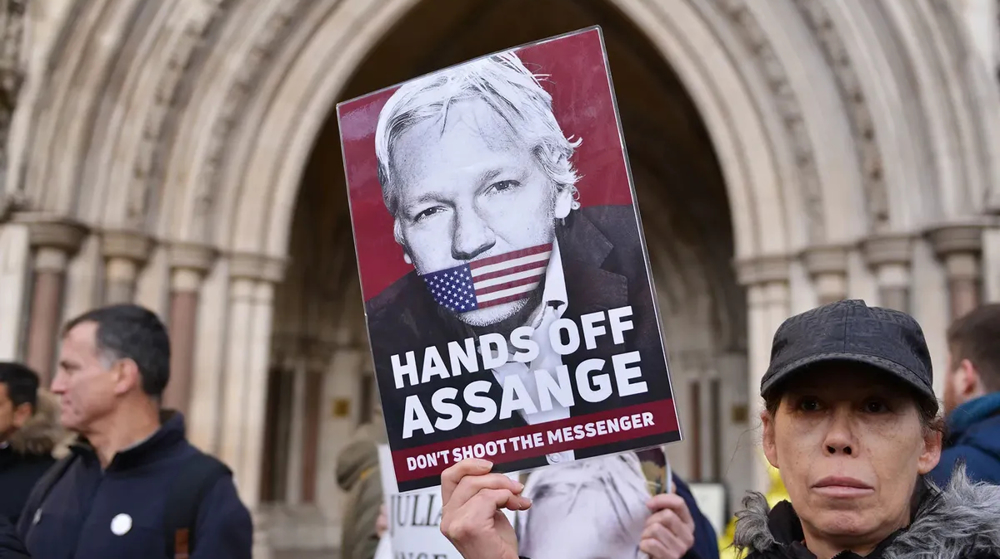


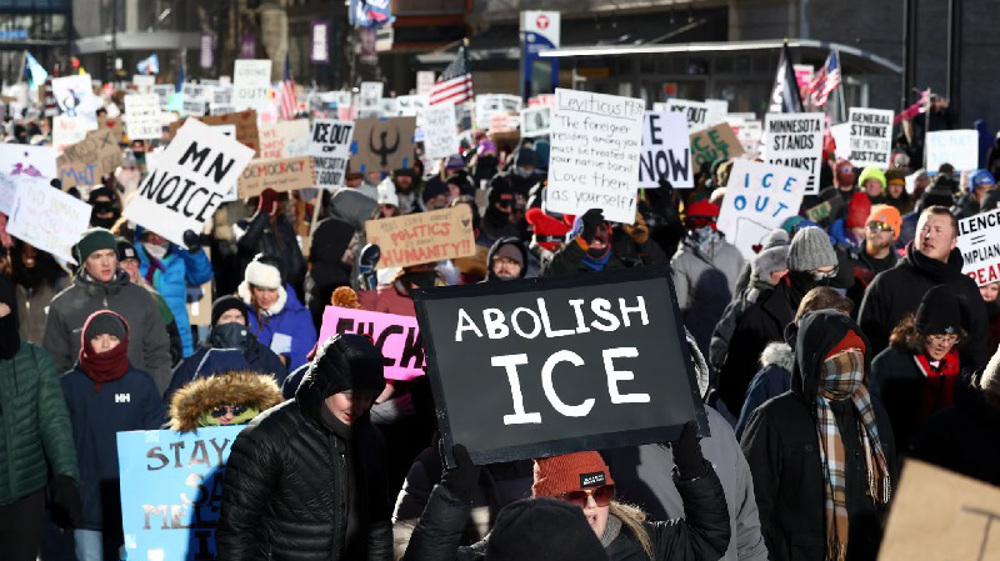




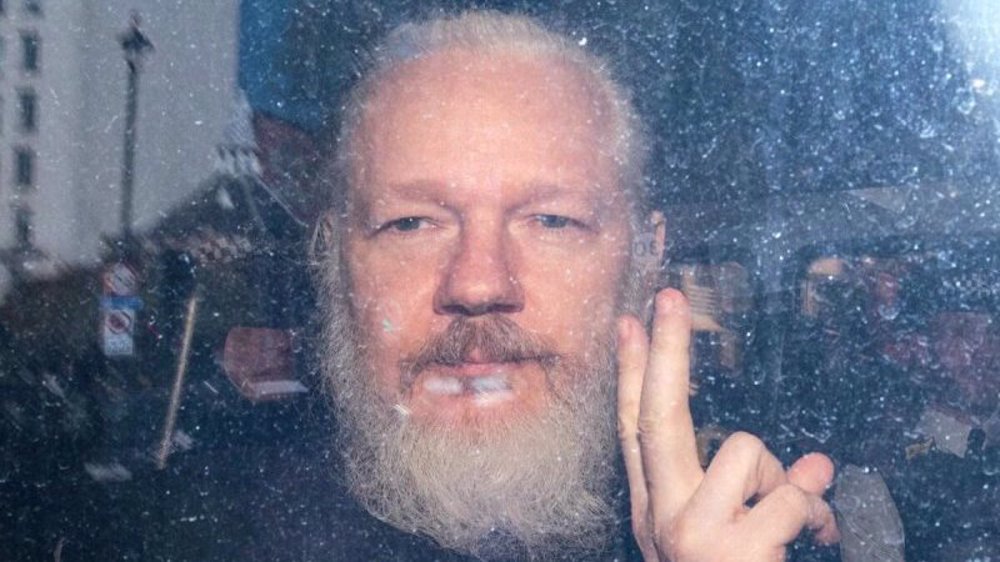

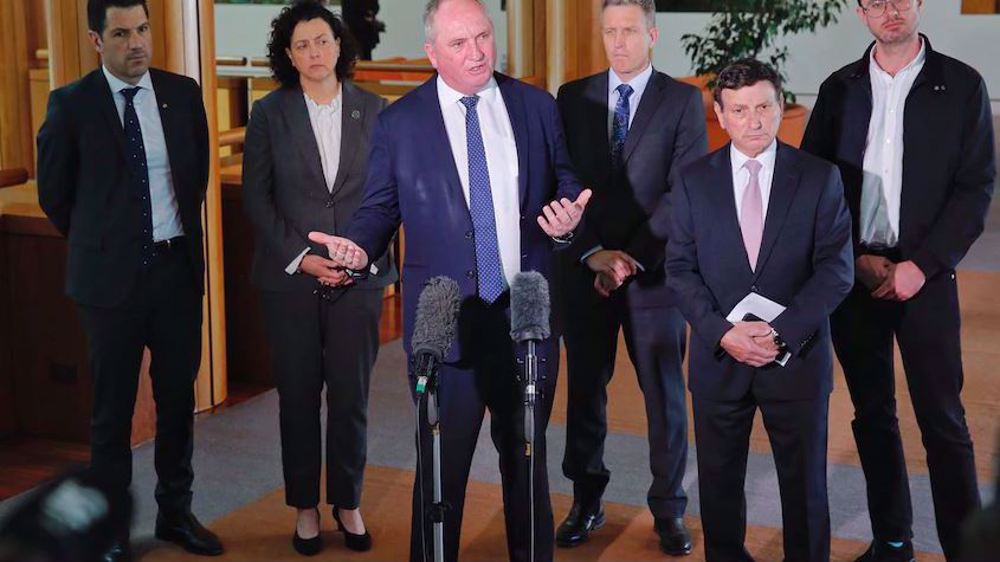

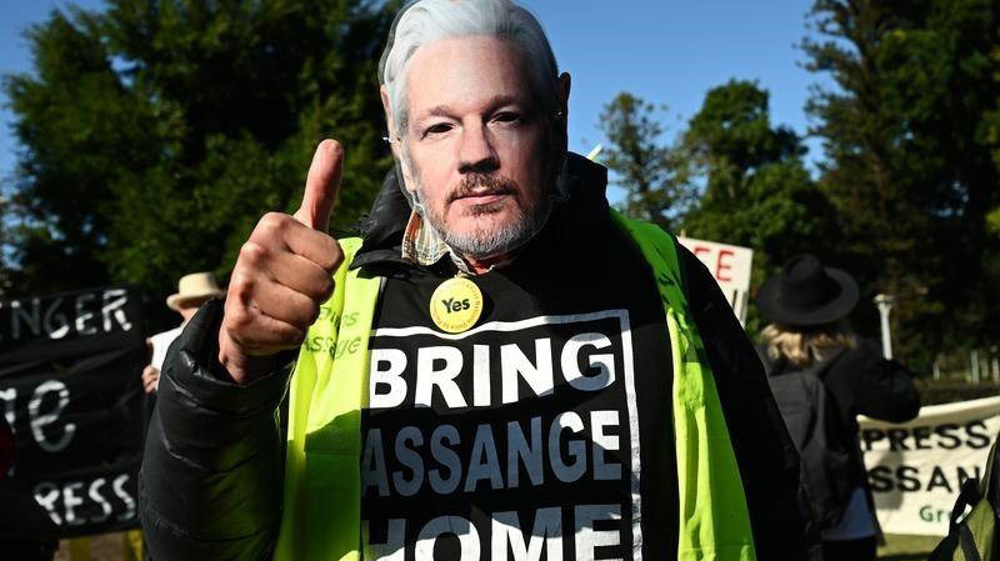
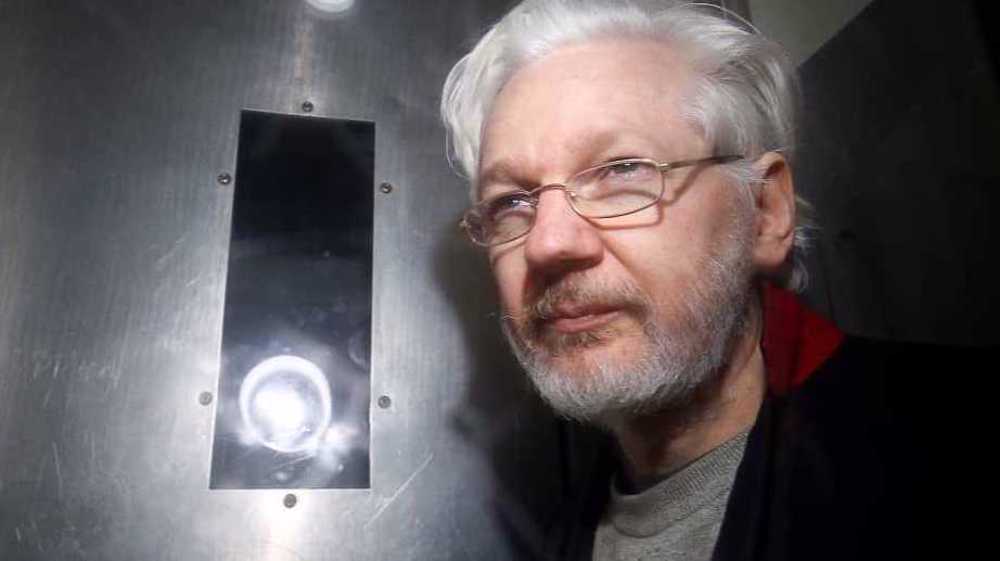
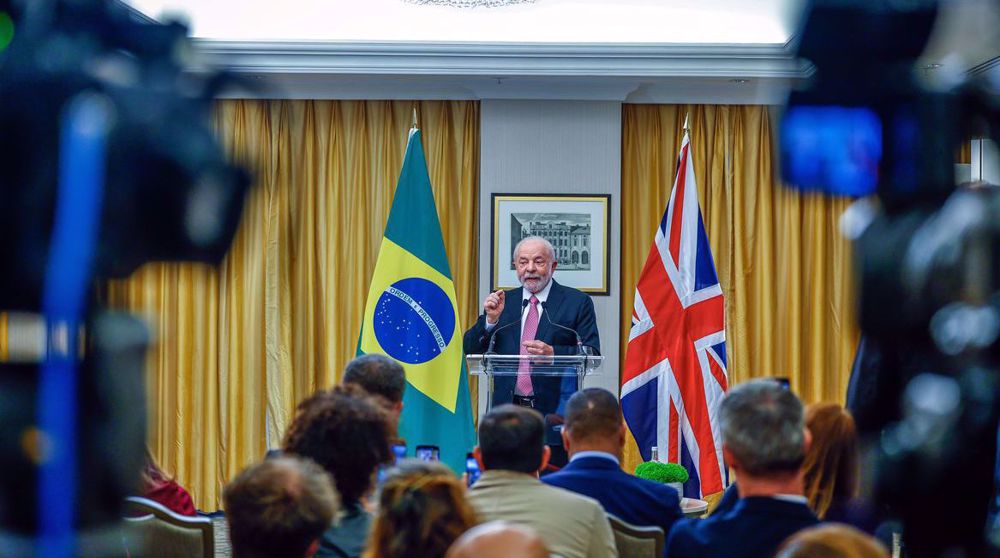

 This makes it easy to access the Press TV website
This makes it easy to access the Press TV website